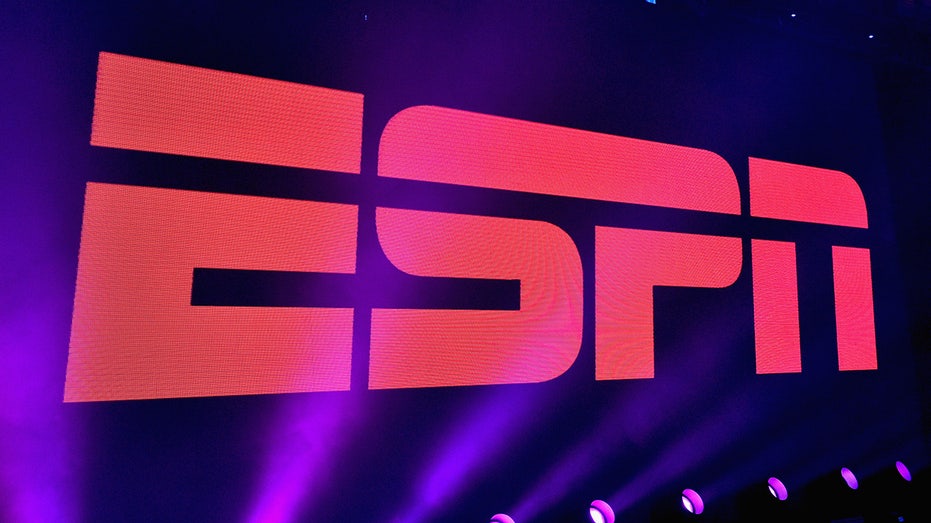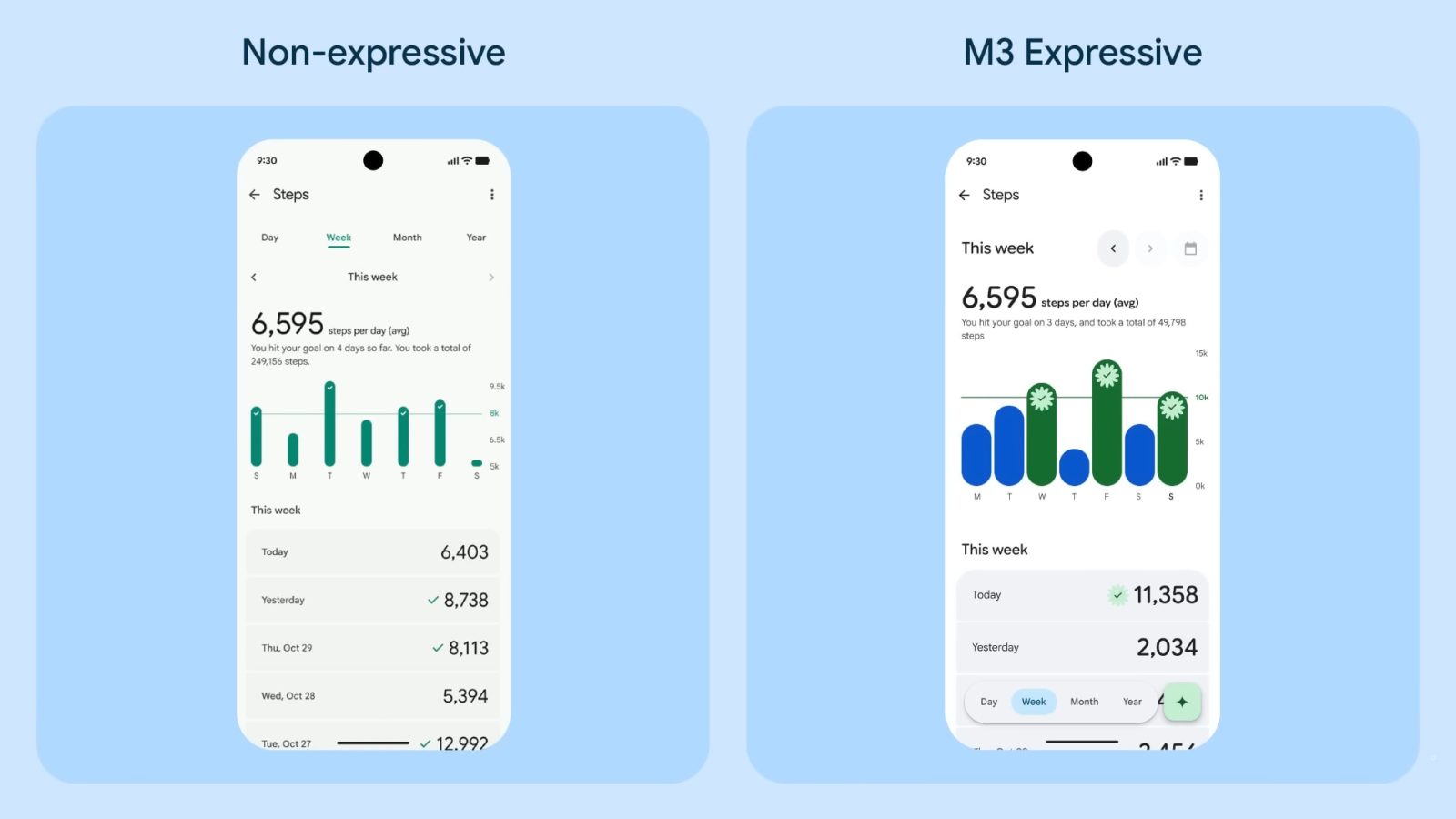'Around the Horn' panelist questions if ESPN canceled show due to potential 'woke' label
Friday will mark the final episode of a longtime ESPN staple, as "Around the Horn" will be off the airwaves for good after roughly two decades of action.
Jay Mariotti, who was a regular on the show until his domestic violence arrest in 2010, said in a recent interview that the show is being canceled because it went "woke."
But another panelist, Sarah Spain, questioned whether the network canceled the show, because they would be "scared" of being labeled as such.
CLICK HERE FOR MORE SPORTS COVERAGE ON FOXNEWS.COM
"It confounds me that they are canceling it. The format allows for a continuous stream of new people, to highlight reporters on your network. I’m admittedly biased, but this is progressive voices and people of color you’re taking off TV. I don’t know for sure that’s their intention, but are you so scared of getting called ‘woke’?" she said in an interview with The Washington Post.
Tony Reali, the longtime host of the show, said he did not "believe" that was the reason.
"I don’t believe what that is. I honestly think we did 50,000 topics over 23 years. You’re going to tell me 10 or 15 drew an eyebrow up? I’ll be like, ‘Yeah, we were doing some complex topics from time to time.’ I don’t mute people in Face Time, so maybe there’s two or three there that didn’t have the back-and-forth that you’d want. Maybe there’s one or two I’d take back if you ask me; those aren’t my regrets. Not at all," he said on "The Dan Patrick Show" recently.
SHAI GILGEOUS-ALEXANDER'S MOTHER LEAVES EMOTIONAL VOICEMAIL AFTER HER SON WINS MVP
In one of its final episodes earlier this month, Kate Fagan, who had made scarce appearances since leaving the network in 2018, was determined as the "winner" of the show against Jemele Hill, who had not been on the show since that same year after being fired for negative posts about President Donald Trump.
In her victory monologue, Fagan made a plea that "trans kids deserve to play sports."
"Think about what you remember from your time playing sports. Ninety-nine percent of it is finding that jersey for the first time, your favorite number, community, joy, those high-fives," Fagan said. "It's that moment when you have a great play with a teammate. It's the feeling of belonging. And it does not know gender. Trans kids deserve the same as everyone else does. Sports is joy. Sports is humanity. And the more people who have that, the better."
Mariotti name-dropped Hill in that aforementioned interview, adding the show "lost some audience." In another post on his own Substack, headlined "Around the Horn ended a long time ago - when I left the show," Mariotti reiterated that some of the panelists went "woke" while others were "on dope."
Follow Fox News Digital’s sports coverage on X, and subscribe to the Fox News Sports Huddle newsletter.


:max_bytes(150000):strip_icc():format(jpeg)/daniel-williams-tout-052225-7ec2f6cc178b40e7853004d4eef675b7.jpg)
:max_bytes(150000):strip_icc():format(jpeg)/Bernard-Lagrange-Phoebe-Tonkin-nina-dobrev-shaun-white-052225-c473d6ad9bd2455fab688dd5d824418f.jpg)
:max_bytes(150000):strip_icc():format(jpeg)/julia-roberts-julia-stiles-tout-052225-b875092410bb4413af057985334fa82a.jpg)
:max_bytes(150000):strip_icc():format(jpeg)/billy-ray-and-elizabeth-hurley-042725-1-b19a4d66d68e4282b61364793173bc6c.jpg)
:max_bytes(150000):strip_icc():format(jpeg)/Tom-Cruise-Simon-Pegg-Pom-Klementieff-tout-052225-8a77c0e0f0b24fe3a4fd9e5d7a33250e.jpg)